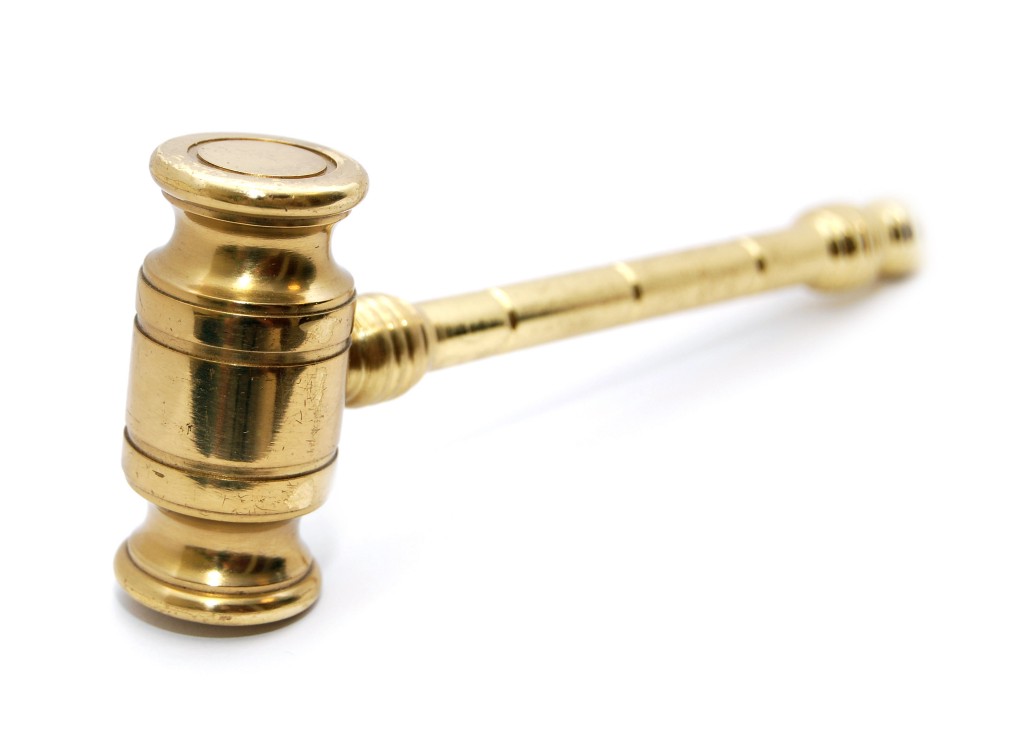Class Action Defamation Suit Filed By My Crushes
Blythe Roberson’s Crushes (Plaintiffs) v. Blythe Roberson (Defendant)

SUPREME COURT OF THE STATE OF NEW YORK
COMPLAINT FOR DAMAGES, Libel
Plaintiffs complain and for causes of action allege as follows:
- Plaintiffs are just normal guys who enjoy a good reputation as non-misogynistic, decently good looking men (i.e., they couldn’t star in an action movie, but they could play the tech-y friend of the action hero, which still means they’re hot enough to be in a movie). In New York City, these two qualities make plaintiffs highly eligible bachelors.
- About a year ago, the defendant realized she is allowed to write jokes that are about her life and her feelings, instead of about random topics, which is what she learned from consuming comedy written mostly by white men who have never had anything bad happen to them in their lives. In the year since, defendant has been publishing tweets, videos, and prose comedy pieces about plaintiffs (her crushes).
- While this content did not reference plaintiffs by name, it was pretty obvious who everything was about. For example, after one plaintiff told the defendant he “couldn’t be in anything seriously right now,” she spent the next three months tweeting things like “my favorite thing about guys is how when they come they yell I CAN’T BE IN ANYTHING SERIOUS RIGHT NOW!” And while defendant uses fake names in the PowerPoint presentations she performs about her crushes, she will often get worked up and accidentally blurt out “Fuck Ben!!!”
- While portions of said content are true, many statements contained therein are false as they pertain to the plaintiffs. Examples include: “men are sociopaths,” “in retrospect he wasn’t even that hot,” and “I think men flirt with me and then deny it as a political move to make me focus on romantic “signals” instead of on overthrowing capitalism.” Plaintiffs also contend that the defendant has implied she is dating plaintiffs, because even though she has specifically said that she is not, she laughs while she says it which makes it seem like she is lying.
- The defendant’s entire body of work is libelous on its face and exposes plaintiffs to hatred, ridicule, and obloquy. People have been coming up to plaintiffs and saying things such as “Are you the bad one?” and “Ugh, I don’t like you. Or wait, am I confusing you with the other one who’s Australian? Whatever, I don’t like either of you.”
- As a proximate result of the above-described publications, plaintiffs have suffered shame, mortification, injury to their feelings, and a loss of ability to get through a Tinder date without their own actions being unknowingly quoted back to them as a horrifying anecdote. And okay, maybe some of the plaintiffs are actively bad people, but a good amount of us are like, fine.
- The above publications were were published by the defendant with ill intent — either during an extended and emotionally grueling 3-month pseudo-breakup, or in order to shame the plaintiff for wrongly telling her she was pronouncing Miranda July incorrectly, or to prove some point about patriarchy. Because of defendant’s malice in publishing, plaintiffs seek punitive damages in the total amount of million billion dollars. In lieu of this, plaintiffs would like the defendant to make a PowerPoint about how maybe these guys weren’t so bad after all, and she’s taking it all a little too personally, and honestly it is hard to be a white guy in 2016.